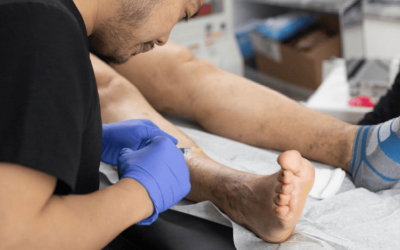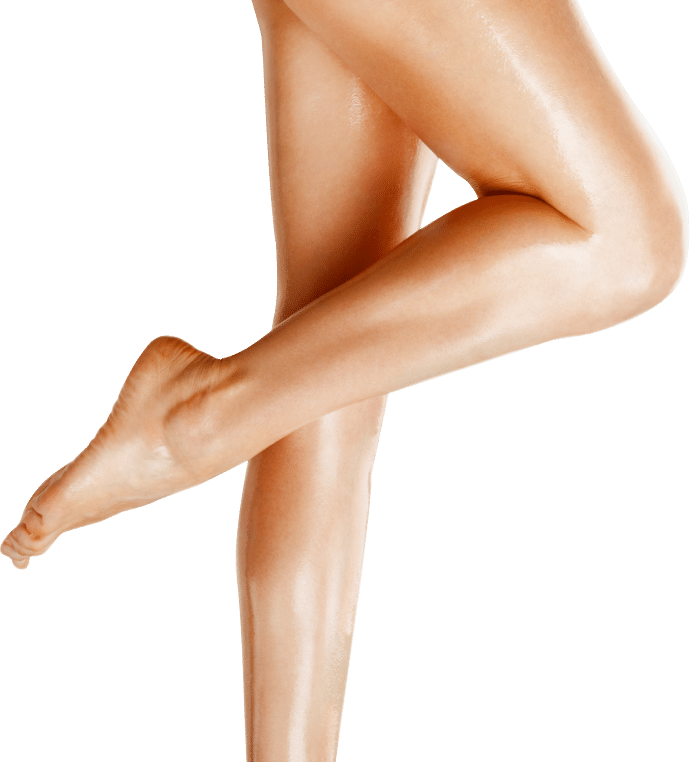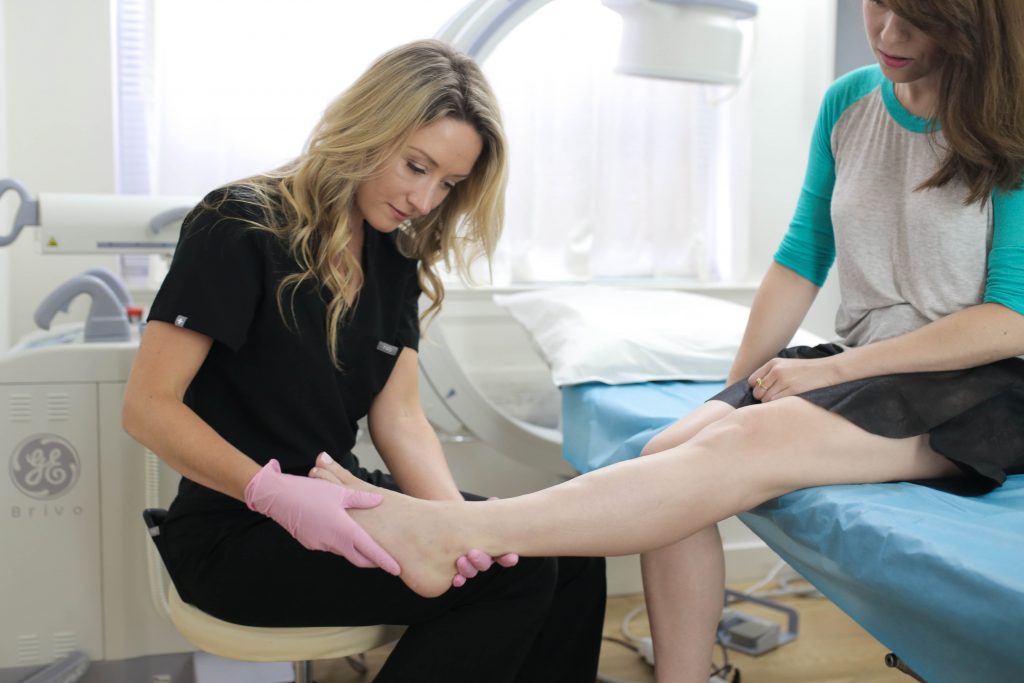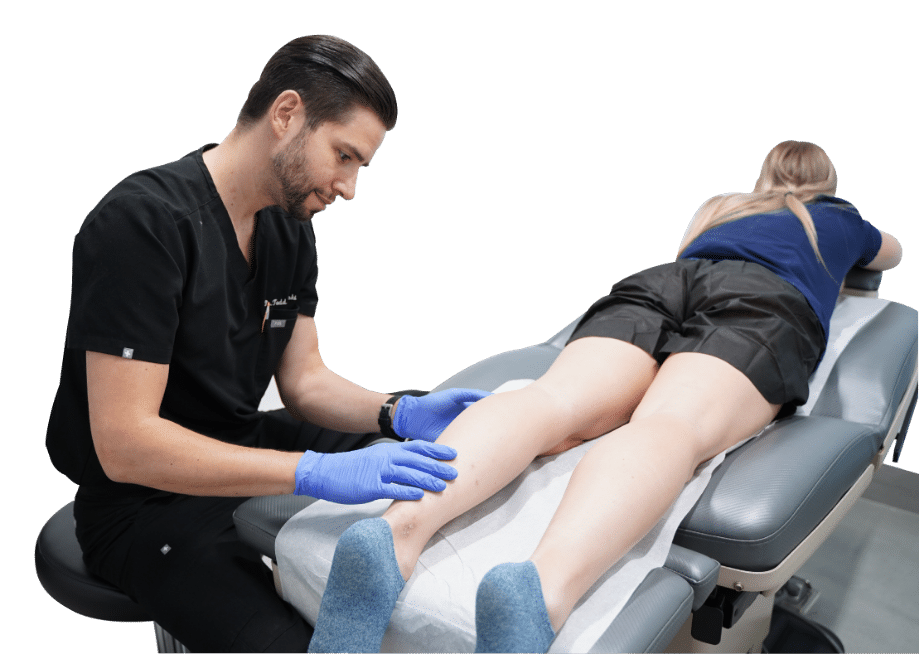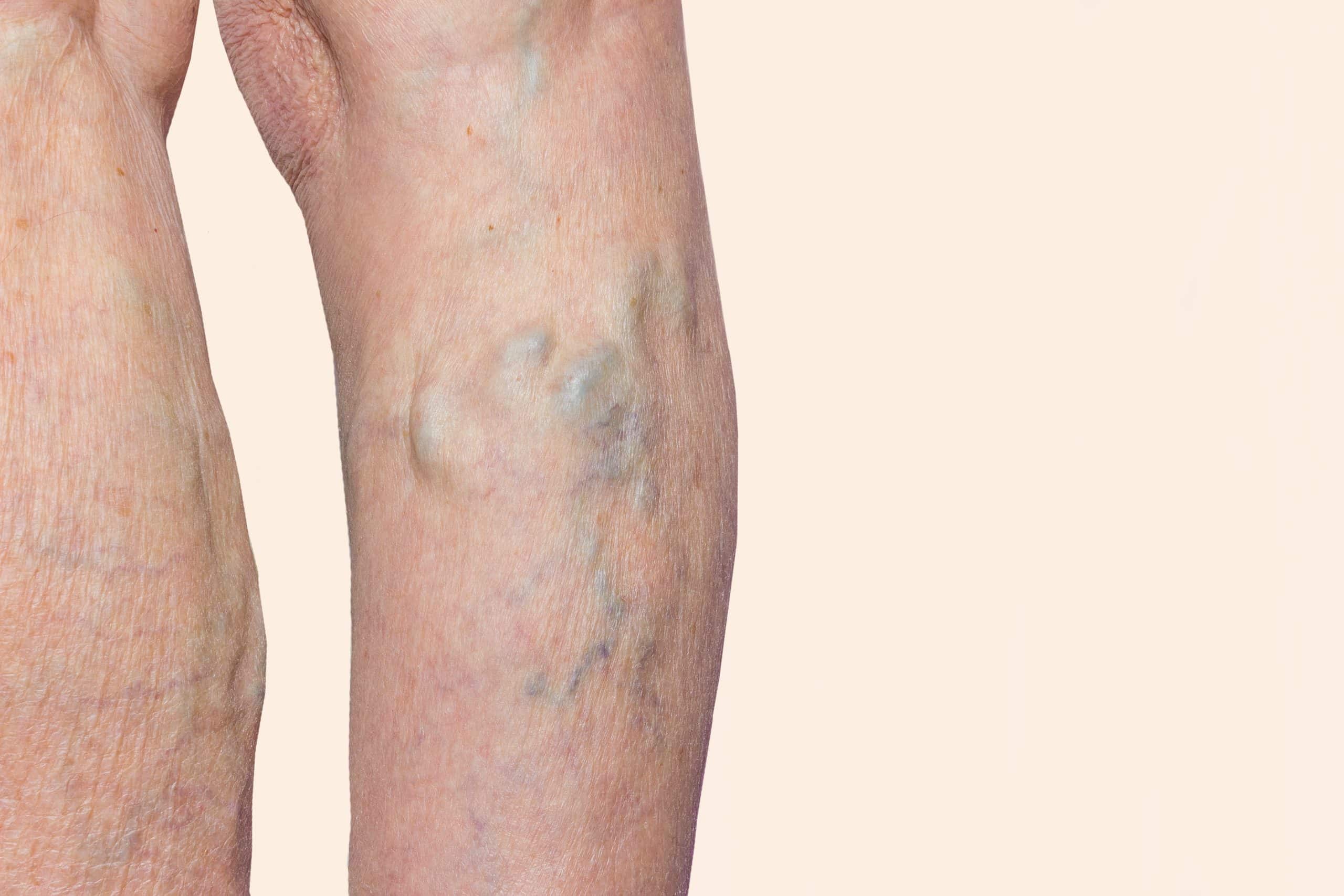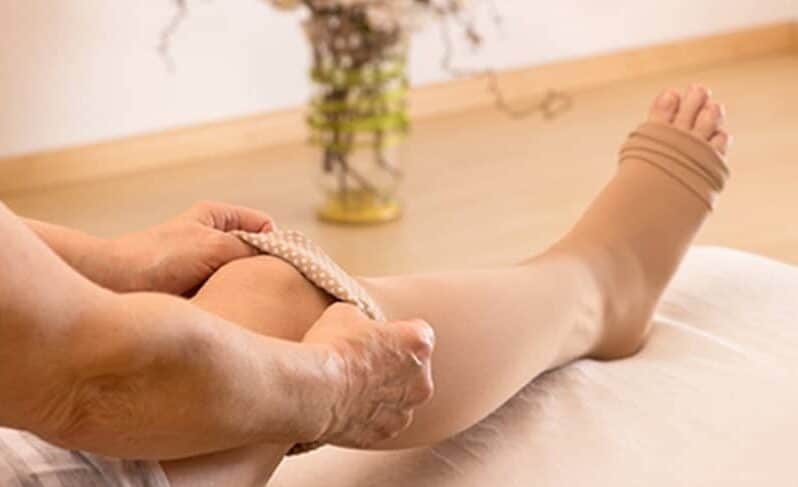As technology increases daily, it is necessary to be aware of the treatments that are increasing according to modern technology. With the use of modern technology, doctors are offering many painless treatments. With the help of laser technology, you can be more comfortable with these painless surgeries. There are also other types of technologies available that you can learn about when reading this article. So, to learn more about the same, continue reading the article.
What are the treatment options for varicose veins
Traditional Varicose Vein Treatments
Ambulatory Phlebectomy:
Small incisions are made to remove varicose veins from the leg in this surgical procedure. It is mainly indicated for more voluminous veins located near the surface of the skin. Ambulatory phlebectomy may necessitate local anesthesia, and although it is less invasive than ligation and stripping when conducted successfully, a small degree of surgery is still involved.
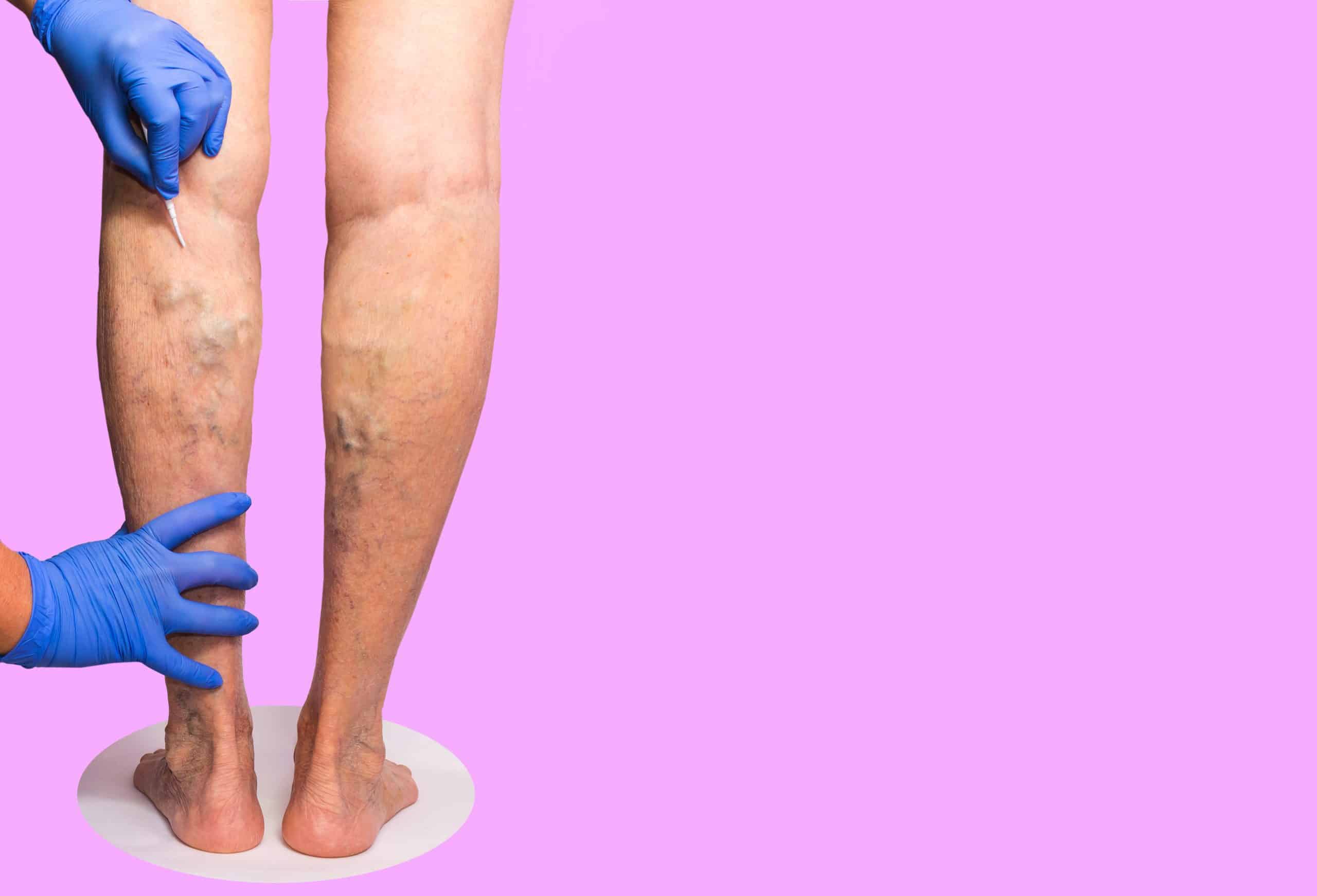
Surgical Ligation and Stripping:
Traditionally, the surgical procedure known as ligation involves tying the veins and removing them altogether. In most cases, it is done with a patient under general anesthesia, and incisions are required to access the affected veins. While this is the most effective eye surgery and may restore vision with the least scarring, it may involve some risk of a longer recovery period.
Endoscopic Vein Surgery:
This surgical method primarily depends on inserting all camera-inserted veins and through. Then, the surgeon can clamp and tie off the affected vein—endoscopic vein surgery, in the most severe cases of veins.
Pros:
- Long-lasting results.
- It is effective when the varicose veins are prominent and severe.
- Instantly draws off the offending veins.
Cons:
- There is a higher risk of complications.
- Invasive treatment methods may cause noticeable marks. You can go on and explore more essay samples and check out the best essay templates.
- A prolonged recovery period is a notable feature of surgical options compared to non-surgical ones.
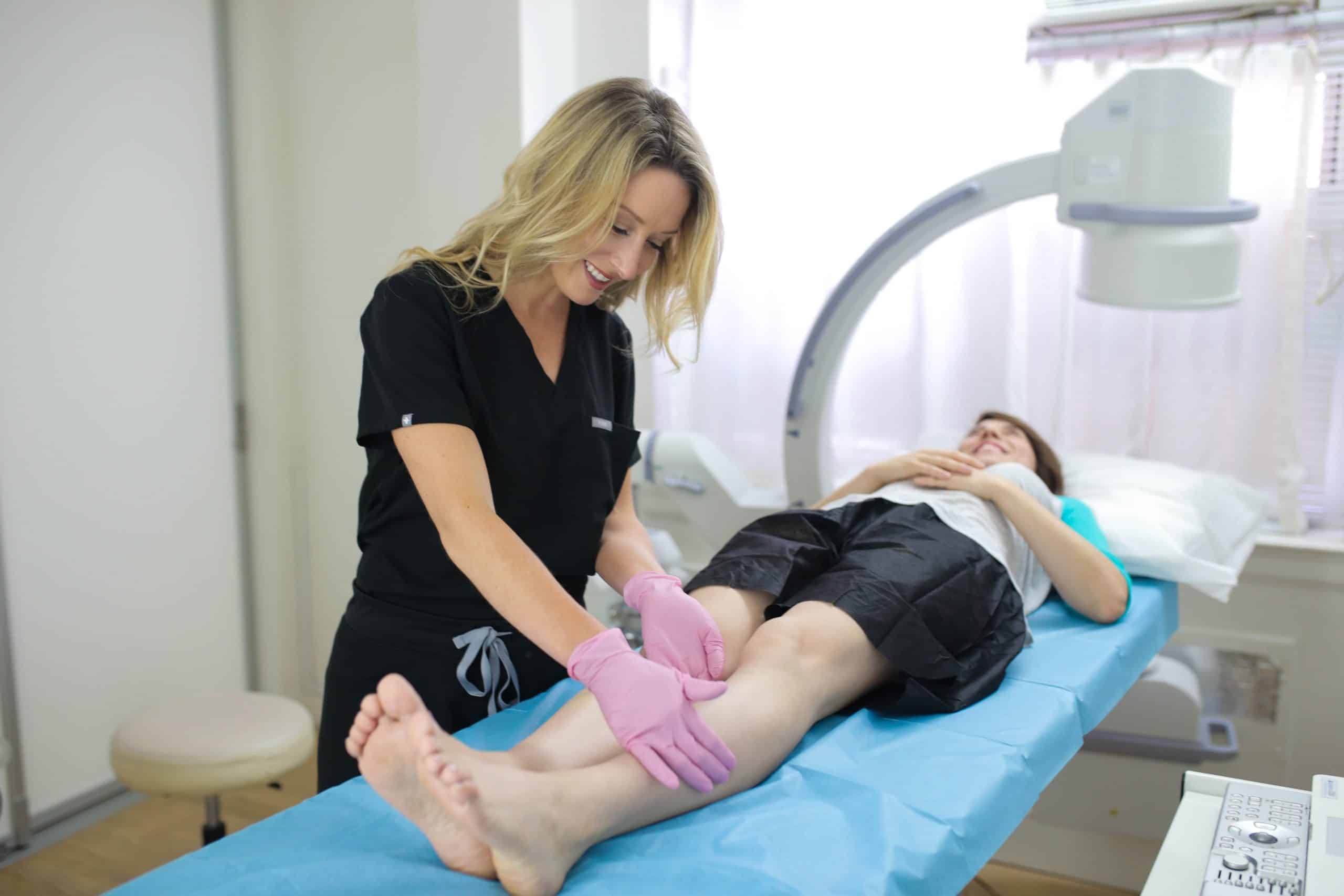
The Non-Surgical or the Modern Ways
Laser Ablation:
This treatment, also known as endovenous laser treatment (EVLT), helps remedy this by sealing the damaged vessels through laser energy, which heats and closes them. It is a shallow-impact method that can be done even as an outpatient surgical procedure.
Radiofrequency Ablation (RFA):
RFA and radiofrequency ablation share the same radiofrequency energy usefulness as laser ablation to heat and seal the varicose veins.
Sclerotherapy:
This treatment method is a non-surgical procedure that involves using a solution injected directly into the varicose veins. The remedy rubs the internal lining of the vein, and the veins eventually close up from this. The veins, then, will eventually fade away. Sclerotherapy is targeted, preferably to the smaller and spider veins.
Pros:
- Noninvasive with no visible scars.
- It is ideal for treating smaller varicose veins or spider veins.
- Shorter recovery period versus surgery pros.
Cons:
- Multiple sessions may be needed for the best results.
- It doesn’t work well in the case of large or severe varicose veins.
In Conclusion
Varicose veins are not suitable for your health, and they have to be treated on time. If you are looking after it on time, then there is a chance that it may cause ulcers in your veins, resulting in blood clots. So, it would be best to get the treatment on time by understanding what do vein centers do and then booking the sessions. Now it depends on you which way you should go. If you are looking for a non-surgical way, this may be costly as it comes in a modern way. You can also ask for recommendations from the healthcare center regarding this right.
